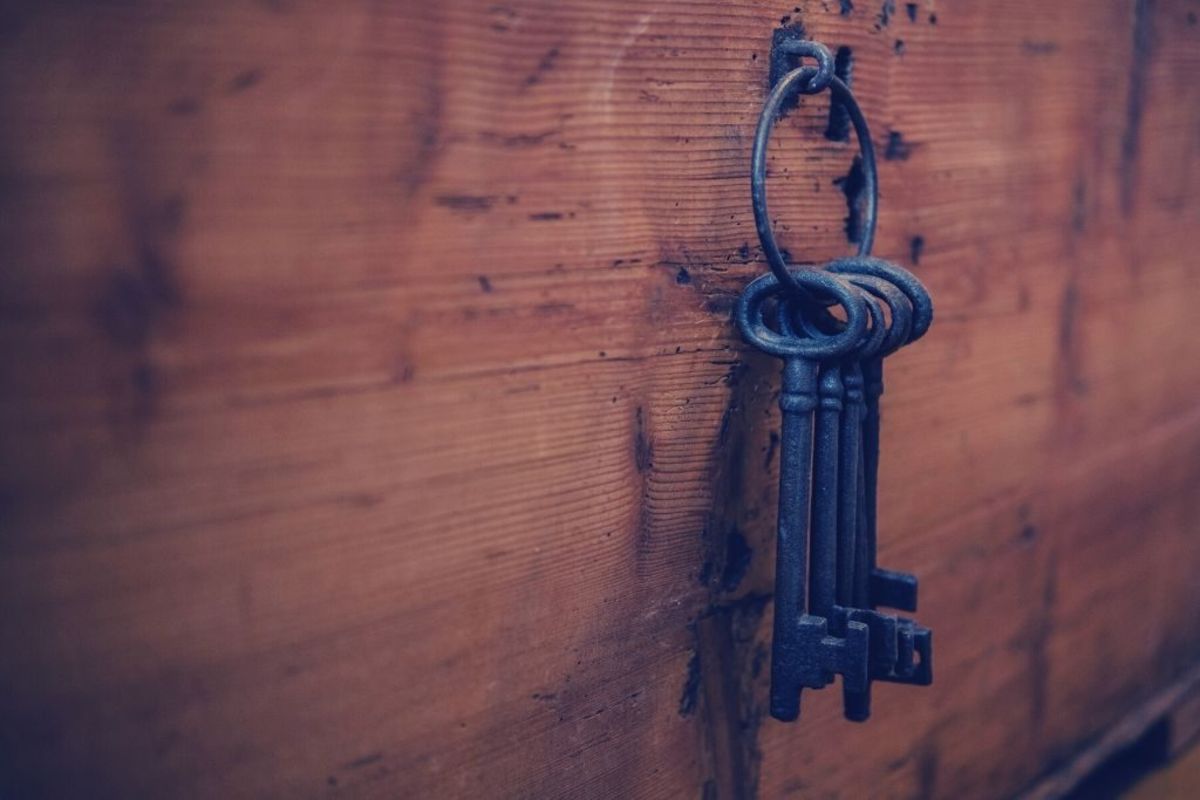
dormakaba Editorial Team

Adriana Voegeli
Adriana works as Senior Project Manager at iluminr. She's the former Editor-in-Chief of the dormakaba Blog. She is an expert in content planning, web project management and strategic development.
Related articles

Security
Cybersecurity in Manufacturing: Why Every Industry Is Now a Target

Security
How Security Professionals Can Stand Out in a Narrower Market
There is a need for four million cybersecurity professionals worldwide according to the latest World Economic Forum white paper on the topic.

Security
Bridging the Digital Divide with Inclusive Security Solutions
Although global internet connectivity continues to expand, 2.6 billion people worldwide still lack access to the digital environment.